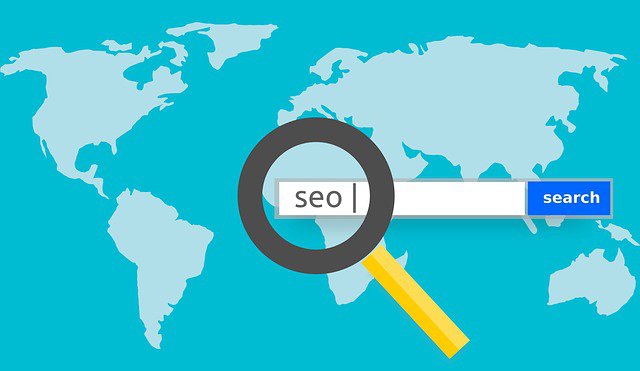Is Your Localized Website Optimized?
With each new year comes new sales numbers for companies to produce. One important step to achieving your sales goals in global markets is to make sure your localized website is optimized as effectively as your English, or source language, website.
Many companies will localize their website but not take the extra step to optimize their pages and content to maximize the potential to attract new customers. Properly optimizing your localized content will make it easier for global audiences to find your products/services in their multilingual web queries.
The cost to optimize the site, localize keywords and create advertisement campaigns is relatively inexpensive compared to the main website localization investment. However, failing to optimize that content will significantly decrease your returns on the website localization investment.
Search Engines

While having your localized website indexed on Google will help much of the world find your site, you may wish to verify the leading search engines in the markets where you are trying to generate more business. If you are doing business in Russia, you will want to be indexed on Yandex, which controls over 50% of the search market. In China, you will want to be found on Baidu. There are conflicting reports on Baidu’s market share, some say Baidu controls 60% while others say it’s closer to 80%. Regardless, Google is blocked in China so being indexed on Baidu is essential. In South Korea, Naver competes with Google for market share.
Globally, Google controls over 90% of the search engine market, but that number decreases in some countries with competing local search engines. It’s important to know where your target audiences search for information, so you can optimize your content according to those search engines’ requirements.
Keyword Research
Keywords should not just be translated for your international SEO needs. You need to perform keyword research to determine how these terms are being searched for in the local market. It may be that the local market will use a different term altogether, rather than a direct translation. If you are relying on using a direct translation of a keyword, you may be found for something you are not trying to be found for. This could cost you if you run any PPC campaigns in the local market. It is very common for companies to rely on literal translation of their source language keyword list. Having a localization team with native translators who are experienced with SEO and keyword localization will help you feel confident that you are targeting the correct search terms for your global audiences.
Sources:
https://www.quertime.com/article/top-20-most-popular-search-engines-in-china/
https://www.marketingtochina.com/search-engine-market-share-china-2018/
